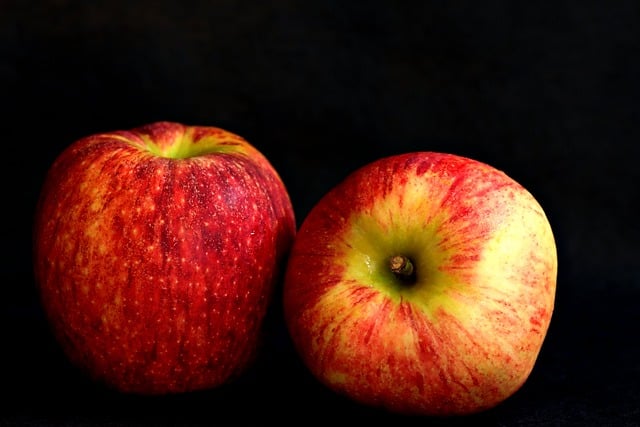The Fountain of Youth? Unlocking Anti-Aging Secrets with Probiotics
As we age, we become increasingly fascinated with finding ways to slow down the aging process and maintain a youthful appearance. While there is no magical elixir that can halt the passage of time, there is promising research suggesting that probiotics may play a role in promoting healthy aging and potentially unlocking some anti-aging secrets.
Understanding Probiotics
Probiotics are live microorganisms that can provide numerous health benefits when consumed in adequate amounts. These microorganisms are often referred to as “good bacteria” as they are beneficial to our overall health, especially when it comes to digestion and gut health.
The gut plays a vital role in our overall well-being and is closely connected to various body systems, including the immune system, brain function, and even our skin health. Probiotics help maintain a healthy balance of bacteria in the gut, improving digestion and supporting a strong immune system.
Gut Health and Aging
As we get older, the composition of our gut microbiota tends to change. This shift, often referred to as dysbiosis, can lead to a decline in overall gut health. Dysbiosis has been linked to various age-related health issues, including weakened immune function, increased inflammation, and decreased nutrient absorption.
By introducing probiotics into our diet, we can help restore the balance of gut bacteria and mitigate the effects of aging on our digestive system. This, in turn, may have positive impacts on our overall health and well-being.
Anti-Aging Benefits of Probiotics
While research on the direct impact of probiotics on aging is still in its early stages, several studies have shown promising results regarding the potential anti-aging effects of these beneficial microorganisms. Here are a few ways in which probiotics may contribute to healthy aging:
1. Enhanced Nutrient Absorption
As we age, our body’s ability to absorb nutrients from food decreases. This can lead to nutrient deficiencies, which can impact our overall health and accelerate the aging process. Probiotics, by improving gut health and digestion, may enhance nutrient absorption, ensuring our bodies receive the necessary vitamins and minerals for optimal functioning.
2. Boosted Immune Function
Our immune system weakens as we age, making us more susceptible to infections and diseases. Probiotics have been shown to stimulate the production of immune cells and enhance the functioning of the immune system. By supporting a healthy gut microbiota, probiotics can help strengthen the immune response and protect against age-related illnesses.
3. Reduced Inflammation
Chronic inflammation is a common feature of aging and can contribute to various age-related diseases, including cardiovascular disease, arthritis, and neurodegenerative disorders. Certain strains of probiotics have demonstrated anti-inflammatory properties, helping to reduce inflammation in the body and potentially slowing down the aging process.
4. Skin Health
Healthy, youthful-looking skin is often associated with a well-functioning gut. Research has shown that probiotics can have positive effects on skin health by improving conditions such as acne, eczema, and rosacea. By promoting a healthy gut microbiota, probiotics may contribute to a more radiant and youthful complexion.
Incorporating Probiotics into Your Routine
Adding probiotics to your daily routine can be as simple as consuming certain foods or taking supplements. Fermented foods such as yogurt, sauerkraut, kimchi, and kefir are excellent natural sources of probiotics. You can also opt for probiotic supplements that contain specific strains known to promote gut health.
As with any dietary change, it’s important to consult with a healthcare professional before starting any new supplement regimen, especially if you have any underlying health conditions or are taking medications.
Conclusion
While probiotics won’t turn back the hands of time, they show promising potential in supporting healthy aging. By improving gut health, boosting immune function, reducing inflammation, and promoting radiant skin, probiotics may play a role in unlocking some of the anti-aging secrets







